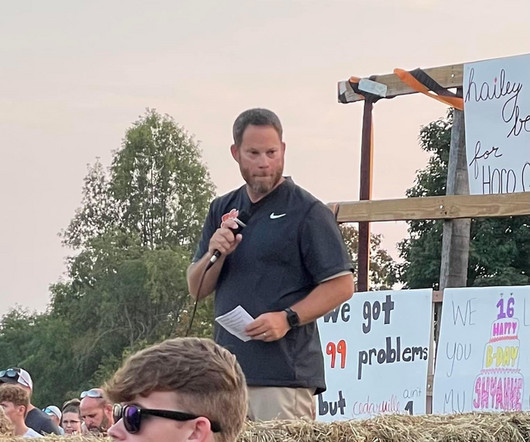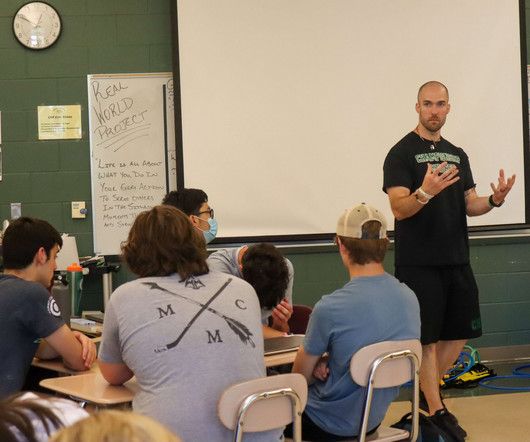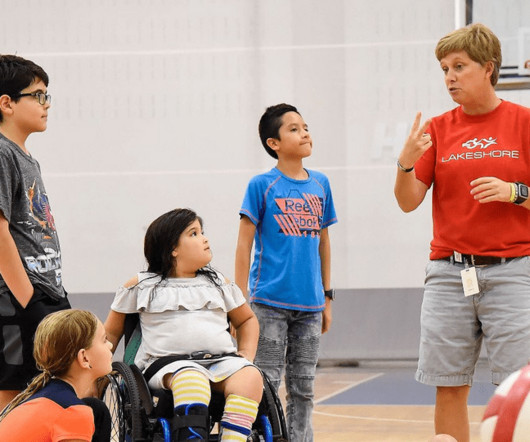THE PITFALLS OF 'MORE, YOUNGER' MINDSET Why Starting Kids Too Early and Pushing Them Too Hard Can Backfire in Youth Sports
Better Coaching
DECEMBER 24, 2024
A well-designed sports program has the capacity to teach teamwork, sportsmanship, grit, leadership, and many other life skills, as well as a lifelong love for their game. The goal is not to discourage early physical activityindeed, free play and basic motor skill development are crucial for young children.










Let's personalize your content